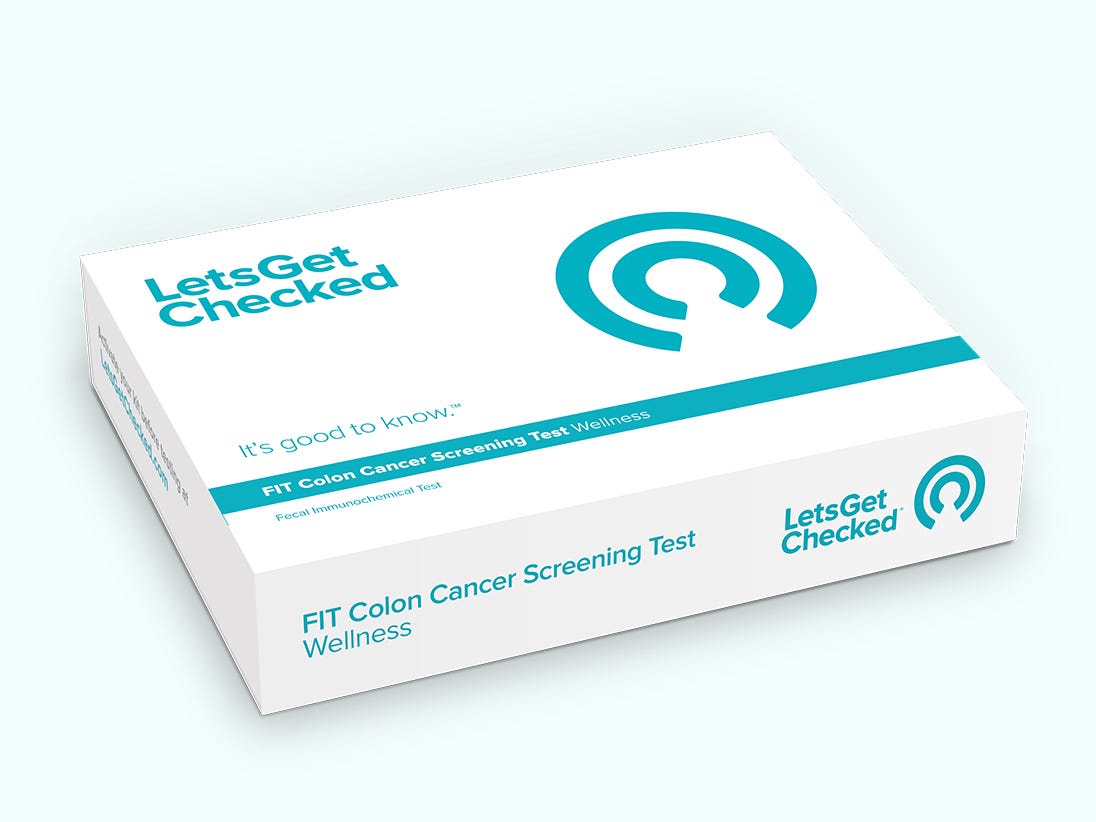
Kinga Krzeminska/Getty Images
Colon cancer researchers are crying tears of joy this morning. New data released today suggests that more early-stage colon cancer cases are being detected in younger people across the US, before it’s too late.
“It’s the first time we’ve actually had really good news,” cancer epidemiologist Rebecca Siegel, the senior scientific director of surveillance research at the American Cancer Society, told Business Insider, shortly before the new report was released in the medical journal JAMA on Monday.
“I start tearing up, because it’s so exciting to see earlier diagnosis in these young people.”
For decades, Siegel has been watching as the rate of aggressive, late-stage young colon cancer cases has gone up and up in people under 50. She meets young survivors speaking out at conferences, “and then they’re gone.”
“It’s so sad,” she said.
In 2018, to respond to the trend of colon cancer hitting more folks under the age of 50, the ACS changed its colon cancer screening recommendations, telling people to start looking for colon cancer earlier, at age 45. But it wasn’t until 2021 when the US Preventative Services Task Force made the same recommendation, triggering an insurance mandate for colonoscopies and stool testing.
Today, just three years after the USPSTF switch, researchers are already seeing the benefits of earlier detection. More adults in the 45- to 49-year-old age group are getting screened, and more cases of very early-stage, highly treatable, and not-yet-symptomatic colon cancer are being found.
From 2004 to 2019, colon cancer detection rates in this age group increased about 1% every year. After the ACS recommendation change in 2018, from 2019 to 2022 the detection rates surged by 12% year after year.
In 2019, only 21% of people aged 45-49 had done any colon cancer screening — either a stool test or a colonoscopy. By 2023, more than 33% of adults in that age bracket had gotten checked.
Most of the new cases were local-stage tumors, meaning these cancers were found before they’d spread to other parts of the body.
“Lives are being saved,” Siegel said.
How to know whether you should get a colon cancer test

Svitlana Hulko/Getty Images
When cancer is diagnosed earlier, it’s treated more quickly and easily, and survival rates skyrocket. Still, fewer than 40% of people under the age of 50 do any kind of colon cancer screening. And most who do have private insurance.
There is a cheap and easy solution for this that’s already available: home testing with a stool kit like FIT. It costs just a few dollars and can be mailed to people right at home, requiring no prep work.
“For this 45- to 49-year age group, these are young active people raising young families,” Siegel said. “So stool testing is a great option.”

LetsGetChecked
Siegel said that most people under the recommended screening age of 45 do not need to be screened for colon cancer, but she said there are a few groups that should talk to their doctor even before their 45th birthday:
- People with a family history of colorectal cancer
-
People who are seeing troubling signs that may be early indicators of colon cancer, like:
- Signs of rectal bleeding (could be blood in the toilet or on your toilet paper)
- Changes in bowel habits (more constipation or more diarrhea than what’s normal for you, over a period of several weeks)
- Persistent abdominal pain
- Iron deficiency anemia, which can be determined by a blood test
“I tell people if you have these symptoms and your doctor doesn’t do anything about it, follow up. Get a second opinion. Be your own advocate,” Siegel said. “I have heard so many stories where the next doctor found cancer.”
The post For once, good news: More colon cancers are getting caught early as 40-somethings line up for colonoscopies appeared first on Business Insider.




